Sole Proprietor
Sole Proprietor is when a single business owner starts a business and does not form a separate legal entity. There is no separate federal income for a proprietorship. The proprietor includes his/her income on Schedule C of his/her Form 1040. Any net profit of the proprietorship is subject to self-employment tax on the individual’s tax return. A separate checking account is not required; however, having it helps with keeping accurate accounting and tax records. A major downfall for a sole proprietor is that the proprietor is personally liable for all the debts and liabilities of the proprietorship. Lastly, in Ohio, if the proprietorship is doing business using a name other than the proprietor’s, compliance with the Ohio fictitious name statutes is recommended to assure access to the court system.
Partnership
A partnership is a business entered into by two or more owners. There are different partnerships to choose from, such as a general, limited, limited liability, publicly traded or a joint venture. Although not required, it is generally a good idea to have a written partnership agreement. Minimum state formalities and fees are required to form a partnership in Ohio. A fictitious business name report must generally be filed. Partnership can enter into contracts, hold title to real estate, borrow money, bring suit against someone and be sued, and otherwise own business assets and operate business or investment activities. As a separate legal entity, the partnership is primarily liable for its debts and liabilities. In Ohio, a partnership is generally not subject to state income tax. As under federal law, all income, losses, gains, deductions, and credits of the partnership pass through from the partnership to the partners in proportion to their share in the partnership.
Limited Liability Company (LLC)
LLC became the most common structure in the last few years. Owners of LLC are called members. Members generally receive the same liability protection as shareholders in a corporation. A one-member LLC owned by an individual will be taxed as a proprietorship for federal tax purposes. The one-member LLC does not have a separate tax existence unless the individual elects to get an EIN and files Form 8832. The use of one-member LLCs is not restricted to individuals in most states. Corporations, non-profit entities, partnerships, and other limited liability companies can own a one-member LLC. LLC’s operations are controlled by its articles of organization, the operating agreement among its members and by its bylaws.
Corporation
A corporation is a separate legal entity created under the laws of the state. Articles of incorporation have to be filed with the secretary of state. A corporation is managed by its directors and officers. The shareholders elect the directors; the directors in turn elect the officers. A corporation provides limited liability protection to all shareholders. The federal tax treatment of the corporation will depend upon whether it is classified as an S or C corporation. The C corporation is a separate taxable entity apart from its shareholders. The C corporation pays tax on its net taxable income. Losses do not flow through to the shareholders. An S corporation can pay tax at the corporate level. Otherwise, flowthrough taxation applies to any item of income, loss, gain, deduction, and credit, as in a partnership. S corporation has a limited number and type of shareholders that can own stock.
To learn more or to discuss the best structure for your business, call/text (216) 586-4246 to schedule an appointment.



